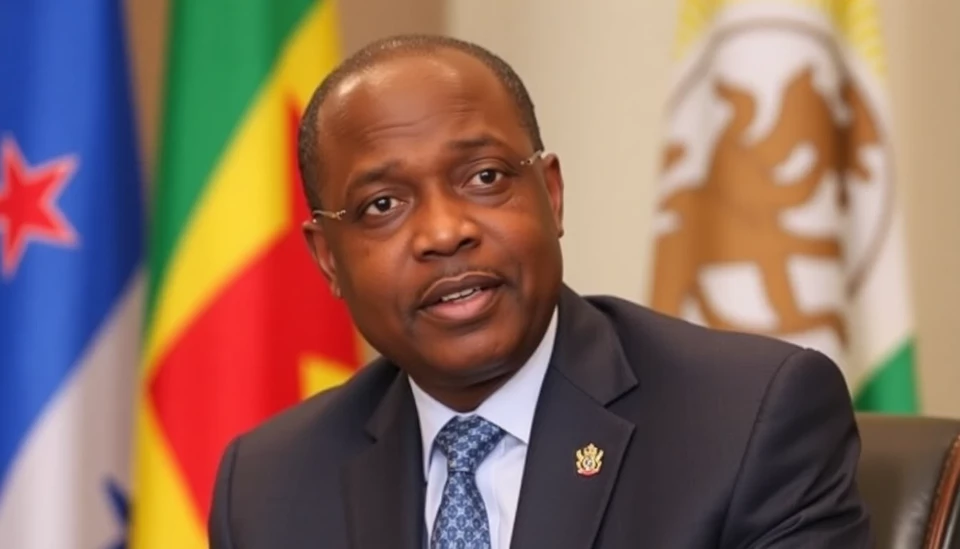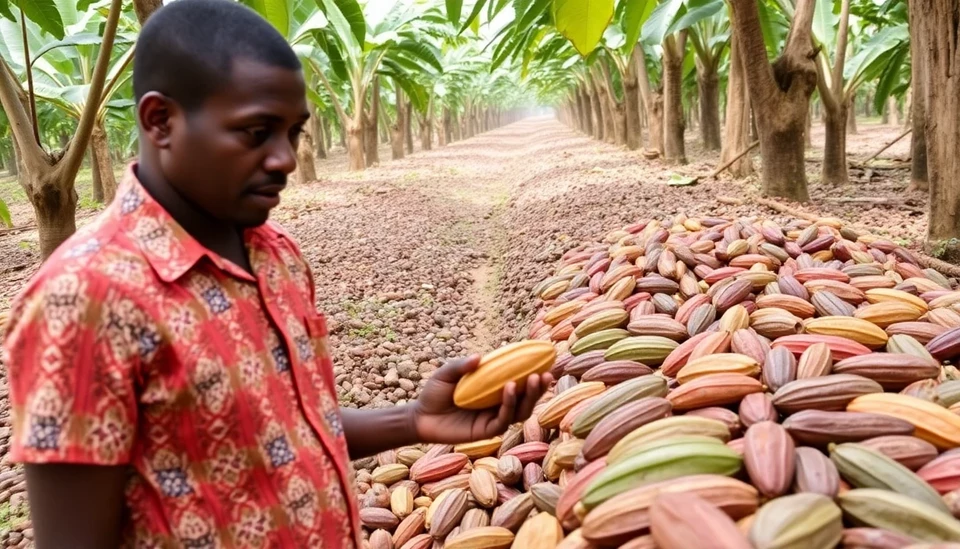
The economic climate in Ghana has taken a turn, with the nation reporting its highest inflation levels in four months, which significantly lowers the likelihood of anticipated interest rate cuts. Recent data from the Ghana Statistical Service reveals that inflation accelerated to 39.1% in October from 38.1% in September, which was partly driven by soaring food and transportation costs.
This uptick in inflation is raising concerns among both consumers and policymakers, as the increases in essential commodities begin to strain household budgets. Economists suggest that these inflationary pressures complicate the Bank of Ghana's decision-making process regarding monetary policy, particularly as the nation seeks to stimulate its economy while managing rising living costs. Many expected a potential interest rate cut in the near future to spur growth, but the recent data complicates those projections.
One of the main contributors to the rising inflation is the surge in food prices, which are a critical component of the consumer price index. Food inflation jumped to 47.1% in October, considerably higher than the overall inflation rate. Additionally, the transportation sector has been feeling the pinch, with costs rising due to fuel price hikes, further exacerbating the situation for consumers reliant on affordable transportation.
In light of these developments, analysts are reevaluating the economic forecasts for Ghana. While the Bank of Ghana has been under pressure to lower interest rates to promote growth, the persistent inflationary trend could lead to the opposite decision: possibly keeping rates stable or even increasing them to combat inflation effectively. The central bank, which had already increased its policy rate earlier in the year to counter rising prices, faces a delicate balancing act moving forward.
The broader implications of continued high inflation can be profound, especially for low-income families, many of whom are already grappling with the effects of the ongoing economic challenges. The rise in living costs can hinder household spending, slowing down the economic recovery that Ghana desperately needs after previous disruptions.
As Ghana navigates these tumultuous economic waters, the situation warrants close monitoring. Stakeholders, including investors and policymakers, are keenly observing the ongoing trends and their potential impact on business confidence and consumer behavior in the months to come.
With the financial landscape shifting, the calls for strategic monetary policy adjustments are growing louder. The Bank of Ghana’s next steps will be crucial for steering the economy toward a stable and sustainable path, but the persistent inflation could complicate those efforts.
#Ghana #Inflation #Economy #InterestRates #MonetaryPolicy #FoodPrices #TransportationCosts
Author: Laura Mitchell




